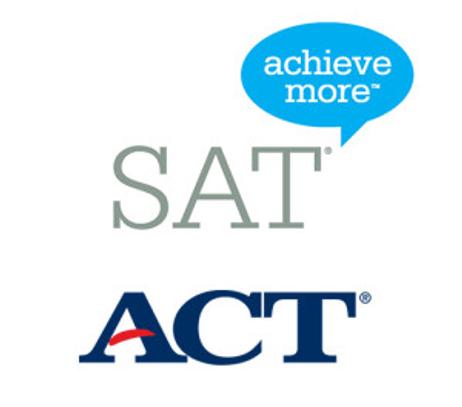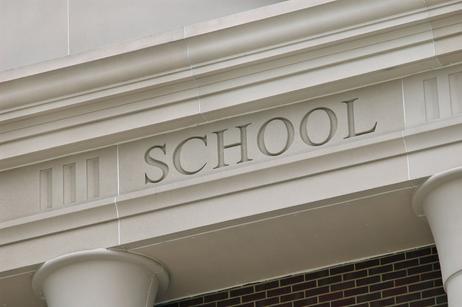Should you send your child to a school which prepares its students to take either the SAT or ACT? That's a decision which you will face when you evaluate schools on your shortlist. At that point, you will have to choose schools which teach to the test or progressive schools which do not.
Schools which offer SAT or ACT preparation spend two or three years preparing their students to take those examinations in their senior year. In addition, most of these schools will offer Advanced Placement (AP) courses. Progressive schools prepare their students for college with experiential learning and the development of portfolios demonstrating academic accomplishments. Naturally, each educational approach has its proponents and its opponents.
Some people think that good test scores on standardized admissions tests are the only way to get into a competitive college such as Harvard or Princeton. The reality is that these days, college admissions departments look at much more than test scores when determining which applicants to admit.
Background: History of the SAT and ACT
The SAT, or Scholastic Aptitude Test as it used to be called, has been around since 1926. A Brief History of the SAT explains how the SAT evolved from an Army IQ test to a college admissions test. The original idea behind that college admissions test was to level the admissions playing field by evaluating scholarship students seeking admission to Harvard. Back in the early part of the 20th-century, the elite New


































